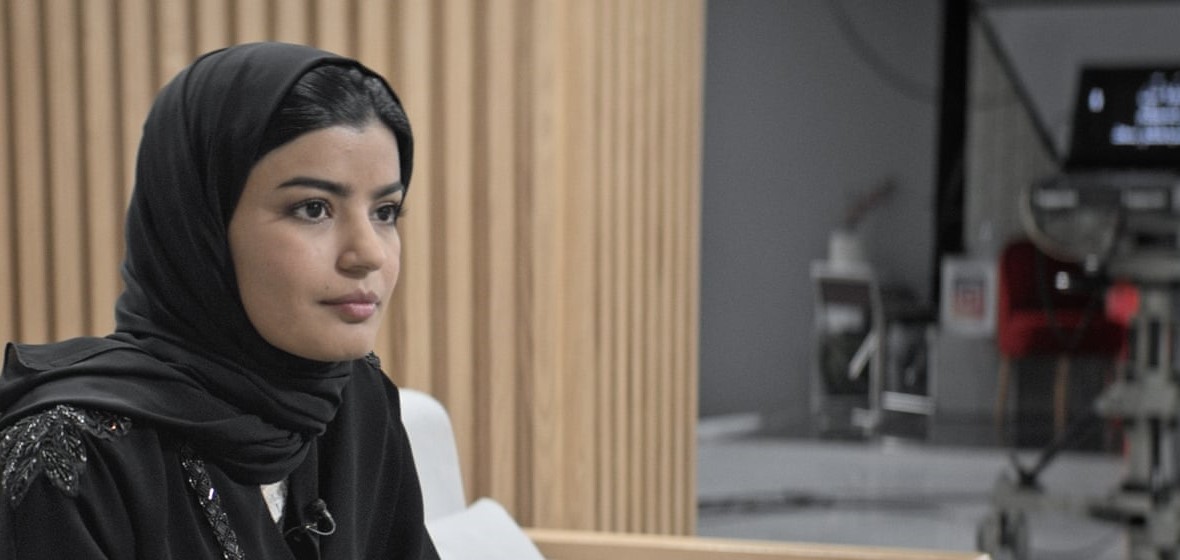Rating: ****
The Perfect Candidate is a Saudi film written and directed by Haifaa Al-Mansour, a woman filmmaker who broke into the international festival circuit with her first feature, Wadjda. It’s rare to see Saudi films released in other markets. Especially from a woman, it’s a concept that defies our conception of the complex internal social meanderings of that Middle Eastern country. Because whatever Al-Mansour does, it’s difficult for Western audiences to see it outside of the frame of our perception of her country. In her first film, it was a story about a little girl raising money to buy the bicycle of her dreams, against the wishes of her very conservative family. In The Perfect Candidate, a doctor (Mila Al Zahrani) runs a campaign to her local council, against the wishes of her very conservative constituency.
Despite what is evident at first glance, this is a more complex film than what our own preconceived opinions of Saudi Arabian society warrant. It’s essential to discover this tender film with that in mind.
Dr Maryam Alsafan accidentally applies to run for the local council as the first candidate. As she’s not yet married, her father, Abdulaziz (Khalid Abdulraheem), is still her guardian, which is very inconvenient for someone as independent as she. In a desperate bid to talk to a local official about her permit to leave the country, Maryam signs up for the election just to be granted a meeting. But when life gives you lemons, you stand against the structured patriarchy of your neighbourhood. Running on a single-issue platform – the road to the hospital is so damaged even ambulances struggle – Maryam stands undeterred by the obstacles facing her. Women may approve of her message but won’t defy guardians. Men either won’t even listen or take it as light entertainment.
The exciting spin is Al-Mansour’s interest in the little things of daily life instead of the campaign. She doesn’t spend much time in the plot because, ultimately, it’s the minor part. She cuts between moments that make up the cultural fabric of Saudi Arabia – the life, the food, the comments, music. Right at the start, we see a family huddled around a table waiting to break the fast in Ramadan. Later, we spend time at the women’s section of a wedding party, or a political fundraiser mixed with a local fashion show.
At the same time, there’s Abdulaziz, the father, on tour with his band across the country. His story is fragmented between what is happening with his daughter and his country changing before his eyes. Facing both modernisation and political uncertainty, sometimes playing to an audience of just two people, or discussing if they should go ahead with a show after receiving threats from extremists. Here lies the crux of the film.
Al-Mansour is looking at a country that is changing but fighting to keep its traditions in place. There isn’t anger in her story but unconditional love. Even something simple like a wedding MC telling an all-women audience to cover up as the men’s party is about to join is done with reverence for the rituals that made that world. I get it. There’s no interest in judgement if it removes the context of what we’re trying to illustrate. The only grotesque moment comes from a video Maryam watches of a candidate in a local US election. “I want something like this,” she tells her sister. “But that’s horrible”. And it is.
Visually, Al-Mansour doesn’t keep up with the complex nuances of her script, but that can be justified. Her style is very approachable and easy to understand. There’s a care in breakingdown cultural barriers to have her story heard both in and outside of her country, even if it means finding a visual common ground. It’s a maturity that still eludes most Western artists.




